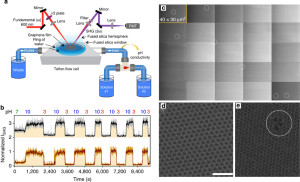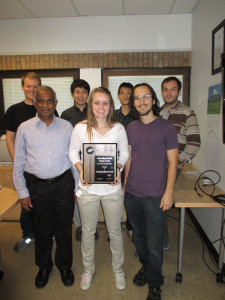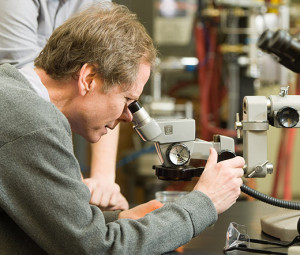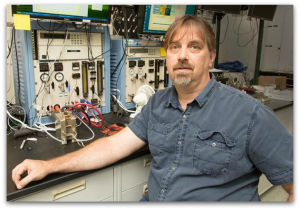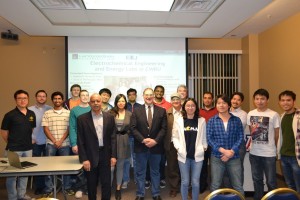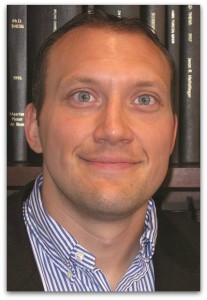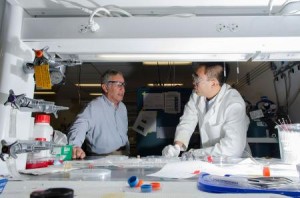
The development could help lead to safe, efficient artificial photosynthetic systems that replicate the natural process of photosynthesis that plants use to convert sunlight, water, and carbon dioxide into oxygen and fuel in the form of carbohydrates, or sugars.
Source: Caltech
The Electrochemical Society’s Nate Lewis is leading some pioneering research at Caltech with the vision of efficient, affordable, and effective renewable energy sources.
Dr. Lewis, an active member of ECS since 1982, has designed a novel electrically conductive film – which has the potential to result in the development of devices that can harness sunlight to change water into hydrogen fuel.
(Take a look at his plenary lecture on sustainable energy technology he gave at a past ECS meeting.)
“We’ve discovered a material which is chemically compatible with the semiconductor it’s trying to protect, impermeable to water, electrically conductive, highly transparent to incoming light, and highly catalytic for the reaction to make oxygen and fuels,” said Dr. Lewis.
He and his team have developed a process that allows the solar-driven production of fuel to be performed with record efficiency, stability, and effectiveness.
(more…)
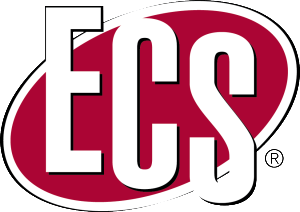 You are invited to join the ECS Georgia Section along with the ECS Atlanta Student Chapter for the annual ECS Chapter Meeting at Georgia Tech.
You are invited to join the ECS Georgia Section along with the ECS Atlanta Student Chapter for the annual ECS Chapter Meeting at Georgia Tech.

